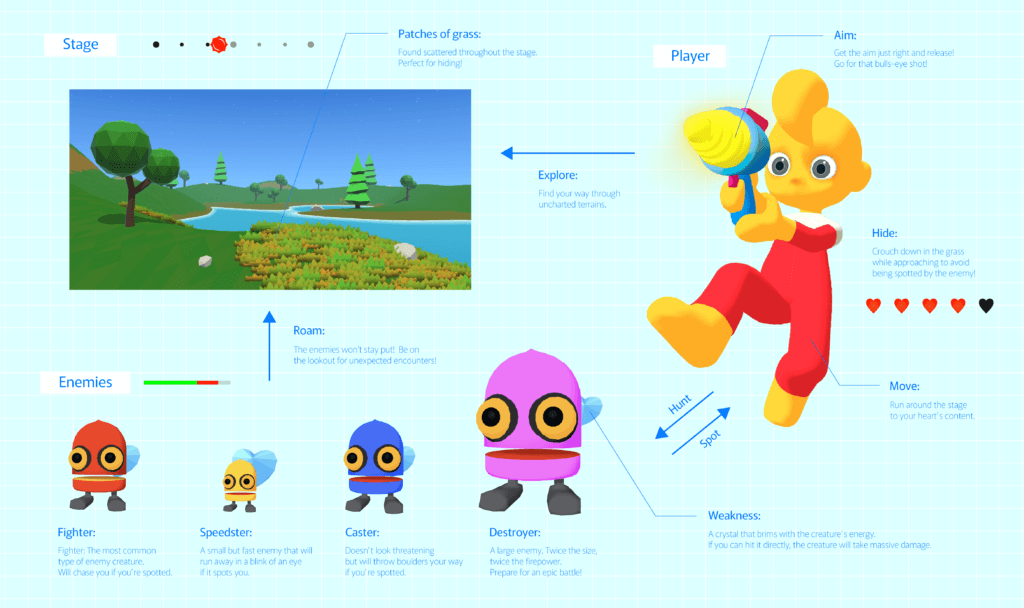It’s a plea countless parents have yelled to their kids: “Stop wasting so much time playing video games!” New research from Kyoto University, however, finds video games can be a fun way to both engage and measure cognitive abilities. Interestingly, this effect was strongest among younger male players.
In collaboration with BonBon Inc, a Kyoto-based healthcare-related IT company, study authors found that various aspects of cognition can be empirically measured from a complex game experience. That is, assuming the video game boasts the right design.
“Video games can be made to engage and characterize distinct cognitive abilities while still retaining the entertainment value that popular titles offer,” says lead study author Tomihiro Ono in a press release. “For example, we found that there are in-game micro-level connections such as between stealth behavior and abstract thinking, aiming and attention, and targeting and visual discrimination.”
To look for possible connections between complex gameplay and interpretable cognitive characteristics, the research team combined data gathered from Potion, a 3-D action video game developed by BonBon and WebCNP, a series of conventional cognitive tests maintained by the University of Pennsylvania. A total of 158 players were included in the analysis, representing a variety of age groups (ages 18-74).
Notably, study authors report “significant negative main effects on game performance from age and gender, even when controlling for prior video game exposure.”
While “game mechanics” among younger players correlated significantly with cognitive constructs like aim accuracy with attention and stealth with abstract thinking, the connections between game components and cognitive domains were not as clear among older players. Male players, meanwhile, generally performed better in the video games than female players.

While there is something of a stereotype out there that adolescent boys play more video games than any other demographic, researchers say they weren’t expecting to see measurements reflecting stark differences even after accounting for gaming experience. “The lack of a connection between cognitive abilities and video game elements in aged players came as a surprise,” Ono notes.
In order to gather further scientific insight into the psyche of gamers, such as why video games have a positive influence on only certain players, study authors believe future studies must avoid a one-size-fits-all approach, as demographic factors and game experience will almost certainly affect results.
“We think that a granular understanding of cognitive engagement in video games has potential in benefitting such research areas as psychiatry, psychology, and education,” the study concludes.
The study is published in Scientific Reports.











